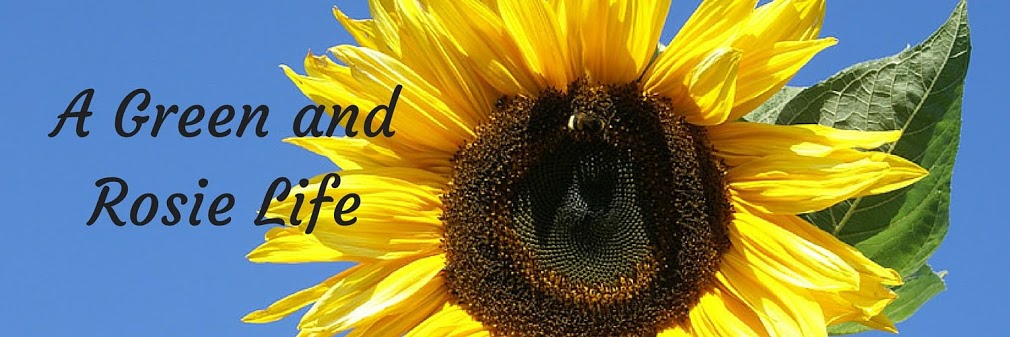If there is ONE thing we can all to to help reduce our impact on the planet is is to BUY LESS ... and that includes so called green or eco-friendly alternatives. Let me explain using one commonly used item as an example:
** Wet Wipes **
The first wet wipes appeared in the late 1950's but it is in the last few years that they have really taken off - our supermarket shelves and online shops are groaning under the weight of wipes for everything - for bottoms from the cradle to the grave, for every surface in your house and beyond, for make-up removal, for hands and faces, for screens, for pets ... wipes for pets?? That was a new one on me!
Whatever the wipe they have many factors in common:
- Most come in plastic packaging
- Many include synthetic cleaning fluids within them
- Many are made from synthetic materials
- Many are not biodegradable, compostable or recyclable
- They are one of the main causes of fat bergs in our sewers
- They are single use
Some are however marketed as eco-friendly and they purport to be compostable, biogegradable, flushable not harmful to the environment etc etc. But like non eco-friendly they are still invariably packaged in plastic, they are still single use and their ability to degrade or compost varies greatly depending where they go after being used so many still end up in fat bergs. They also still take energy to produce and transport before being used just once for matter of seconds. Some eco-friendly wipes are made from bamboo fibres but the process to turn a bamboo cane into bamboo fibre is far from eco-friendly being very high on energy and using some less than nice chemicals. You can read more about the process here - Is bamboo fabric as eco-friendly as bamboo?
For any product, so called eco-friendly or not, you should take account of all these factors when you buy it:
- How much energy was needed to make it, including any packaging?
- How much water was used?
- How much land was used to?
- What chemicals have gone into the production process and the product/packaging?
- Is it a natural or synthetic product?
- How far has the product travelled to get to you?
- Is it a single use product?
- Can it and its packaging be recycled, downcycled, upcycled, composted or is it easily biodegradable?
- If it has to be thrown away what happens to it?
All this for a wet wipe. A single-use wet wipe.
Now does that eco-friendly wipe now seem less eco-friendly than before you started to read this?
The solution is not to make wet wipes even more eco-friendly (is that even possible?) but to say goodbye to them altogether. Turn back the clock a few years and return to using a washable cloth, ideally made from some old clothes, towels etc you no longer need.
LESS is MORE
Not just wet wipes but everything new especially single use items. Instead, buy second hand and reusable things. Share and borrow. Repair what is broken. Grow and make your own. Upcylce things. We do not need to be buying more new products, eco-friendly or otherwise ... we really need to be buying less of everything.




You are so right! The greenest thing is always to buy less stuff, which is even better than buying eco-friendly stuff. And while it companies are now getting on board with making greener products, it's another battle entirely to get them to accept they need to sell less! It does appear to be a hard sell for those not already interested in environmentalism, but I think there's some hopeful trends towards people being more interested in experiences than buying lots of stuff. Have you come across PostConsumers? It's a really cool group in the US that covers this topic.
ReplyDeleteTotally agree, materialism has run riot. We used cloth wipes for Caroline. Still got them. Great call to action on change #GoingGreen
ReplyDeleteWe used cloth wipes for both babies, and into toddler hood. They are easy to get used to using. Baby wipes and facial wipes are more convenient but unless they are fully biodgradable, they are not good for the planet and those ones are very pricey!
ReplyDeleteGood reminder.
#goinggreen